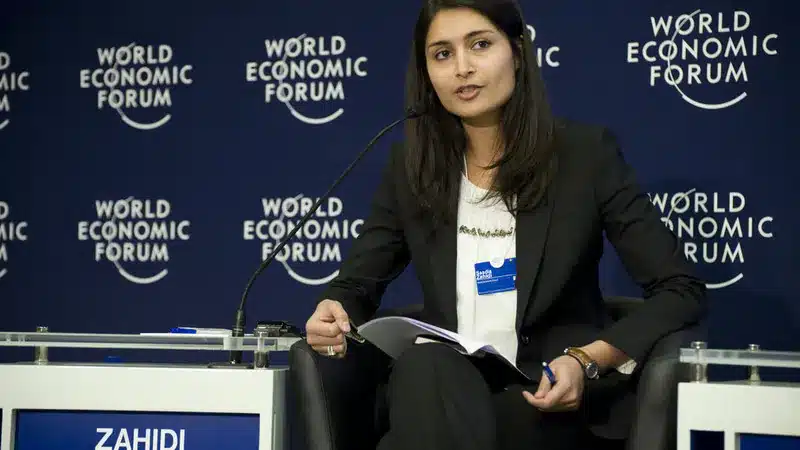The world will be waiting another 123 years to reach gender parity globally, according to the World Economic Forum’s new Global Gender Gap report.
That’s based on the collective speed of progress in the 100 economies included in the Index since 2006—and it actually marks an improvement on 2024, when we were told we would be waiting 134 years for such progress, which was an increase on the 131-year wait shared in the 2023 report.
Australia has contributed to some of the small progress made globally, and as a result risen 11 places on the overall country ranking list to 13th in the world. This marks the highest ranking Australia has achieved since the index first started in 2006, and a significant improvement on our lowest point of 50th on the list.
Once again, Iceland tops the list, having closed 92.6 per cent of its gender gap, followed by European countries rounding out most of the top ten. The United Kingdom made a significant leap to take the fourth position, while New Zealand is in the fifth spot.
In 2024, women’s workforce participation globally was 41.2 per cent, with the WEF reporting women making gains in male-dominated sectors such as infrastructure. The report highlighted issues with persistent gender segregation across industries like healthcare and care.
Australia’s rise was mostly driven by a significant shift in political empowerment, ranking 30th for women in parliament, 8th for women in ministerial positions and 19th overall for political empowerment.
We ranked first in the proportion of women in the professional and technical workforce, and 21st in labour-force participation generally. But then 58th for wage equality for similar work— placing us at 32nd in the world for economic participation and opportunity.
Australia ranked 79th on educational attainment. Despite ranking first on literacy enrollment in primary education and enrollment in tertiary education, Australia is curiously ranked 124th on enrollment in secondary education (something Women’s Agenda is currently seeking more information on and may relate to how such enrollments are calculated).
These results should not provide a false sense of security for progress on gender equality in Australia, nor globally.
As we’ve seen previously, the progress achieved can quickly dissipate. Especially during times of global upheaval, such as what occurred during the pandemic.
The “wait times” listed and assumed continued progress on gender equality also doesn’t take into account climate change, which is a significant threat to women’s health, safety and economic security.
There is also still plenty of opportunities for improvement in Australia: with Australia ranked in 109th place for “healthy life expectancy” in terms of years, pulling us into 96th place for health and survival.
Regarding the overall improved country ranking, Minister for Women Katy Gallagher put the result down to “what is possible when government takes gender equality seriously.”
The WEF also reports that global momentum picked up in 2024, reversing some of the progress gains made prior to the pandemic. The economies now making the most progress on gender parity include Bangladesh, Ecuador, Ethiopia, Mexico, and Saudi Arabia.
Meanwhile, women are increasingly outperforming men at tertiary education levels globally, but women remain underrepresented in the workforce and in leadership roles. Less than a third (29.5 per cent) of tertiary edcuated senior managers are women — a result highlighting the “systemic inefficiencies in translating skill preparedness into economic engagement and leadership.”
There have been some subtle, slow movements, with the share of women in top management rising from 25.7 per cent to 28.1 per cent between 2015 and 2024,
The UK is seen as a significant success story among the top nations, cracking the top five for the first time to take the fourth position. It’s been helped along by its historic gender-equal cabinet, as well as an increase in women’s representation in parliament. The proportion of women in senior roles has improved over time.
Saadia Zahidi described gender parity as “both a principle and a strategy” during times of global upheaval, and noted that most economies are not leveraging the full spectrum of their talent for growth.
The top 20 countries on gender equality, according to the World Economic Forum
- Iceland
- Finland
- Norway
- United Kingdom (Up 10 positions)
- New Zealand
- Sweden
- Republic of Moldova
- Namibia
- Germany
- Ireland
- Estonia (Up 18 positions)
- Spain
- Australia (Up 11 positions)
- Denmark
- Barbados (Up 16 positions)
- Costa Rica
- Switzerland
- Ncaragua
- Lithuania
- Phillipines
Download the latest report here.


